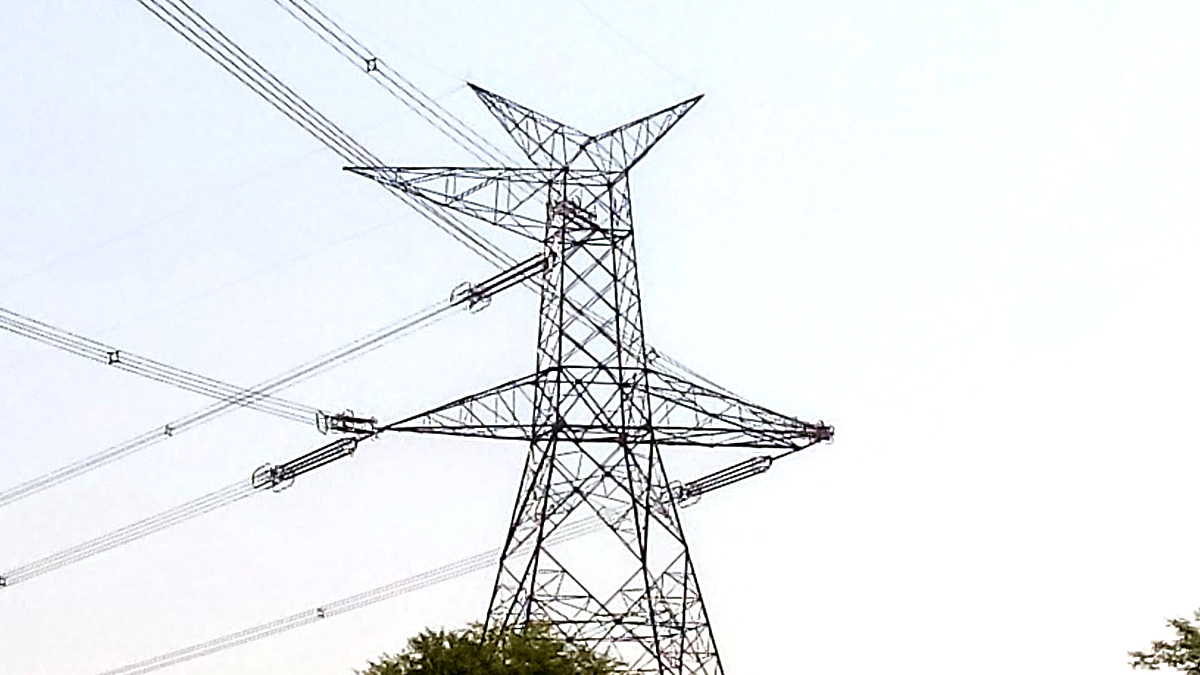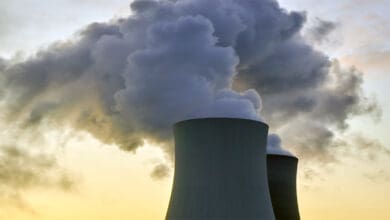India is all set to meet its Paris climate agreement target to reduce emissions by 33-35% of its GDP by 2030 from the 2005 level, Finance Minister Nirmala Sitharaman has told the IMF, asserting that its ambitious renewable energy goal of 450 GW by 2030 is a game changer in the successful global fight against the climate change.
India barely makes it to the list of top 100 countries in terms of per capita emissions and its per capita energy use is less than half the world average, Sitharaman said in her address to the International Monetary and Financial Committee.
“Nevertheless, India is on track to meet its Paris Agreement targets – to reduce emissions by 33-35% of its GDP by 2030 from the 2005 level; it is very likely that India will do better than this target.
“The share of non-fossil fuels in electricity generation capacity is set to reach almost 60%, well above the 40% that India had pledged,” she said.
India, Sitharaman said, has embarked on the most ambitious renewable energy project in the world targeting 450 GW by 2030, which can become a game-changer in India’s fight against climate change and will help to secure the world’s climate transition.
Sitharaman said that the formidable challenge for India and the rest of the developing countries is the access to adequate and affordable finance and low-cost technology, which is the fulcrum for limiting carbon footprint.
“The developing countries will require new investments of up to $500 billion annually by 2030 – to adequately limit their growing greenhouse gas emissions.
“These countries will also require an additional several hundred billion dollars to protect themselves from the worsening physical and economic impacts of greenhouse gases,” she said.
Private capital may not be able to play a significant role in climate change mitigation and adaptation activities, given the public good nature of these investments, Sitharaman said.
“A recent Oxfam Report finds that the true value of support for climate action of $100 billion annually committed by advanced countries under the Paris Agreement may be as little as $19-22 billion per year,” the finance minister added.













